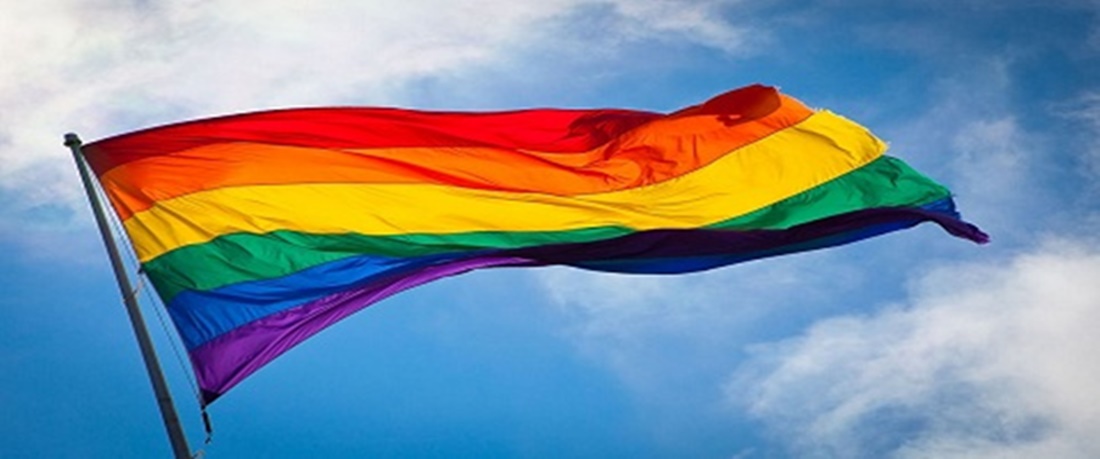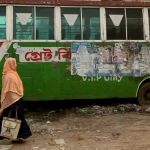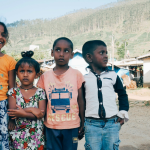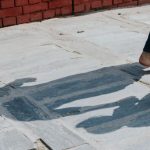iProbono recently hosted a round table in London, to initiate a fact-gathering forum to understand and discuss the challenges faced by LGBT persons and organisations.
The speakers present for the discussion were:
-
Téa Braun – Legal Director, Human Dignity Trust
-
Christie Elan -Cane – Non-Gendered Campaigner
-
Nick Herbert (MP) – Chair of the All Party Parliamentary Group on Global LGBT Rights
-
Sascha McGregor – Programme Lead, UK LGBT Donor Community, Adviser to The Arcus Foundation
The round table was attended by representatives and leaders from over 20 organisations, including law firms, political parties, religious organisations, educational institutes, media and civil society from across Europe, America and South Asia.
Some of the key takeaways from the discussion were:
-
There is an increasing divergence in the situation for LGBT rights globally, with some countries becoming increasingly tolerant while others are becoming increasingly repressive.
-
The needs of LGBT rights organisations encompass a broad range of issues, from persecution to equality.
-
LGBT rights often focus on lesbian, bisexual and, in particular, gay rights while transgender rights receive less attention. One of the reasons for this is a subconscious conformity to gender binaries even within the rights based narrative.
-
The discrimination and sometimes unfavourable laws can lead to difficulties in identifying pro bono lawyers willing to work with LGBT organisations in need.
There is a need for more holistic support, instead of just legal assistance, including:
-
Funding
-
Practical support – this includes:
-
Providing office space and a venue for events,
-
Research, drafting and strategic advice,
-
Media/communication training, and
-
Support in building networks
-
-
Education
Aritha Wickramasinghe, Director of Equality Law and the lead in iProbono’s LGBT Justice initiative chaired the round table. Following the event he observed,
“The LGBT community continues to be the last community of people on the planet that suffer from both criminalisation and extensive discrimination. Over 70 countries in the world criminalise LGBT people who are imprisoned, victimised and sometimes killed because of their sexual orientation or gender identity. Discriminatory legal frameworks and societal prejudice, even in the most progressive of countries, leave the LGBT community vulnerable with little or no access to legal help. iProbono’s LGBT Justice programme aims to reach out to those people and the organisations that advocate on their behalf to find them the legal resources needed to not only seek justice and legal advice but also to assist the LGBT community in achieving a more dignified life, free from discrimination and the fear of violence.”
Some of the participants also shared personal experiences of being discriminated against by their peers and unfairly targeted by law enforcement officers for their orientation and their work.
With its newly launched equality initiative, iProbono hopes to create more such avenues of dialogue and discussion in the near future, as well as, bridge the existing gap between legal requirements and access to legal services for organisations and activists working to seek justice for LGBT people. For more information on the initiative, get in touch with Aritha Wickramsinghe at contact@dev.matsio.com/matsio/oldiprobono.







